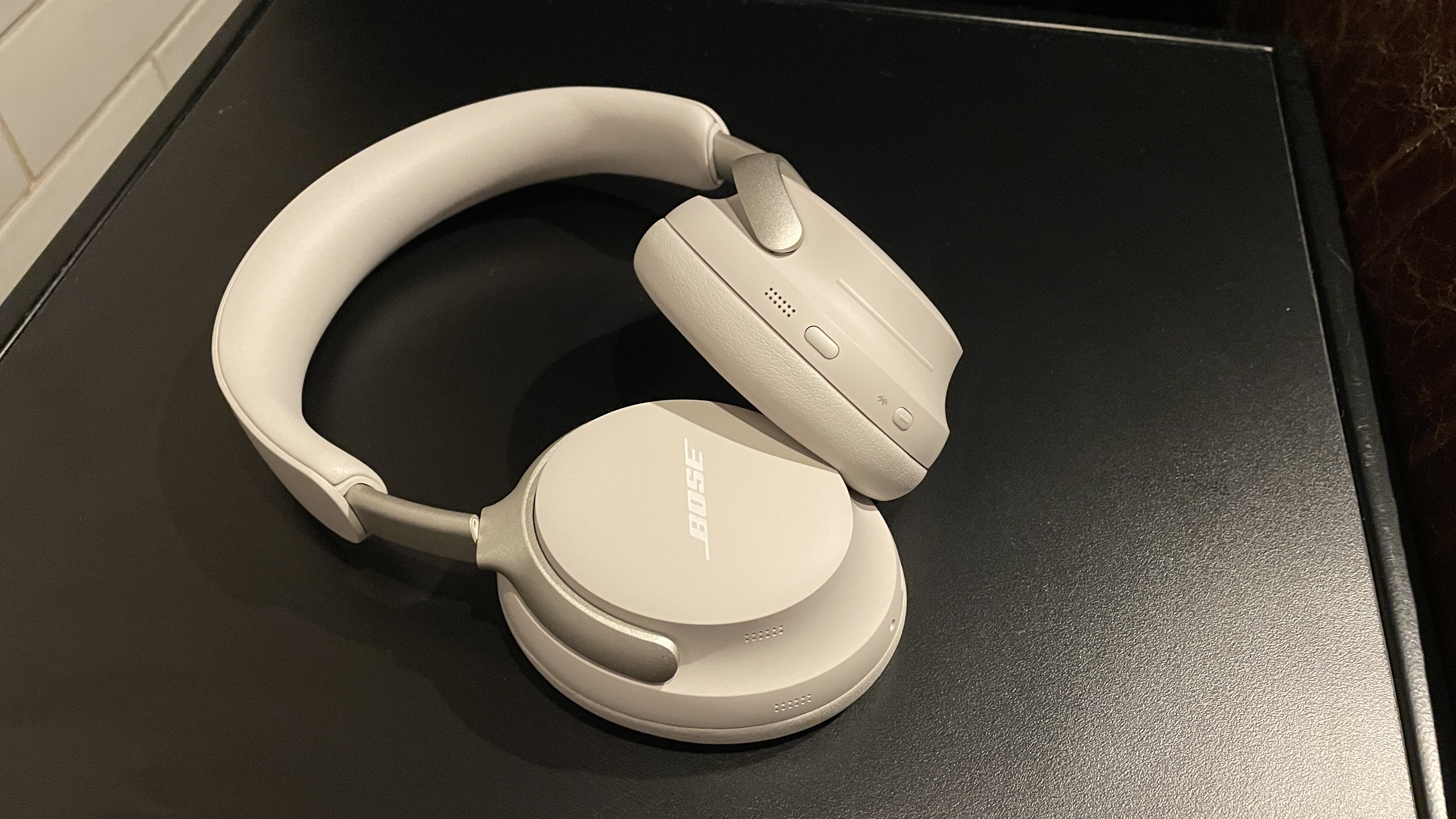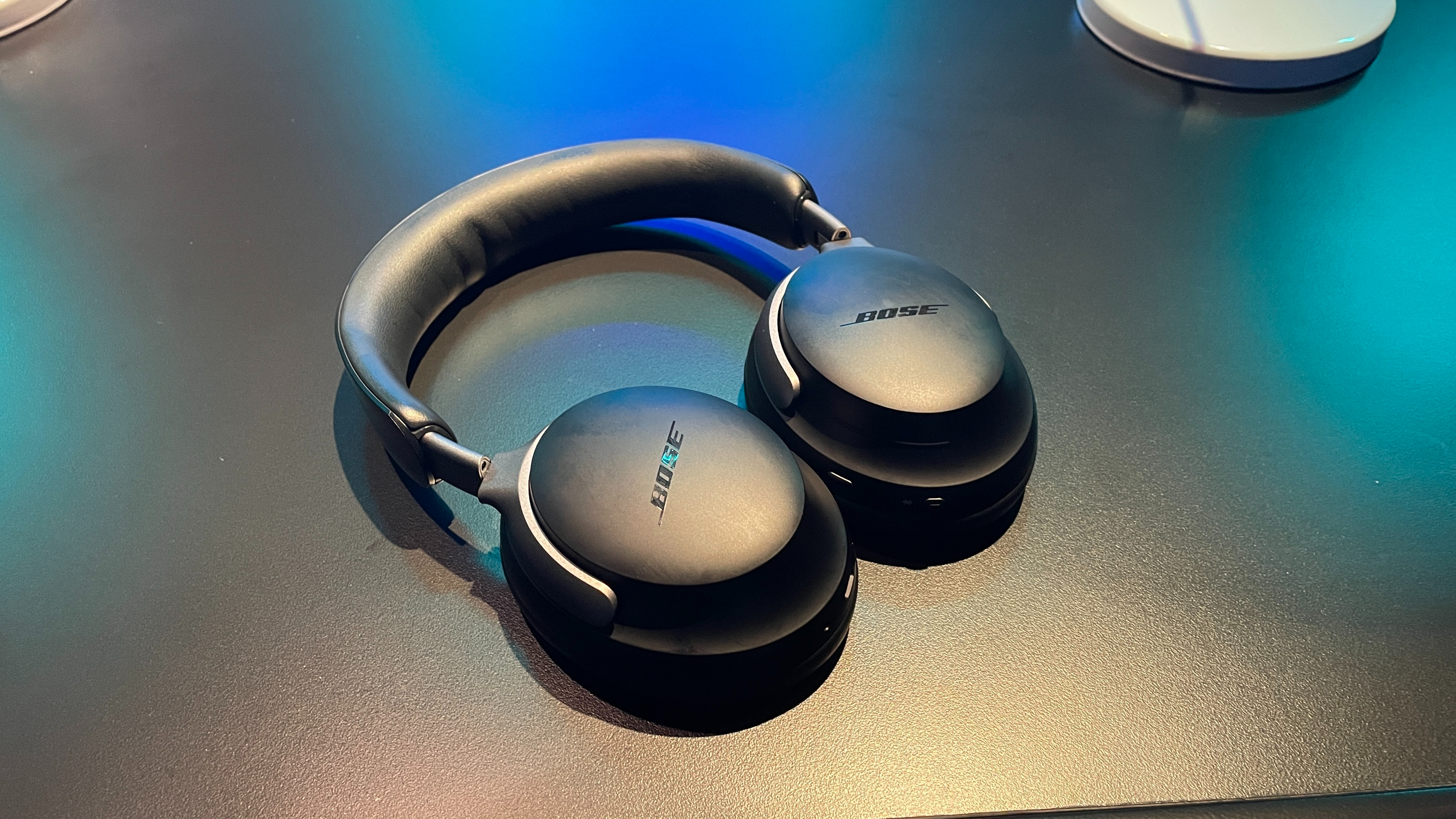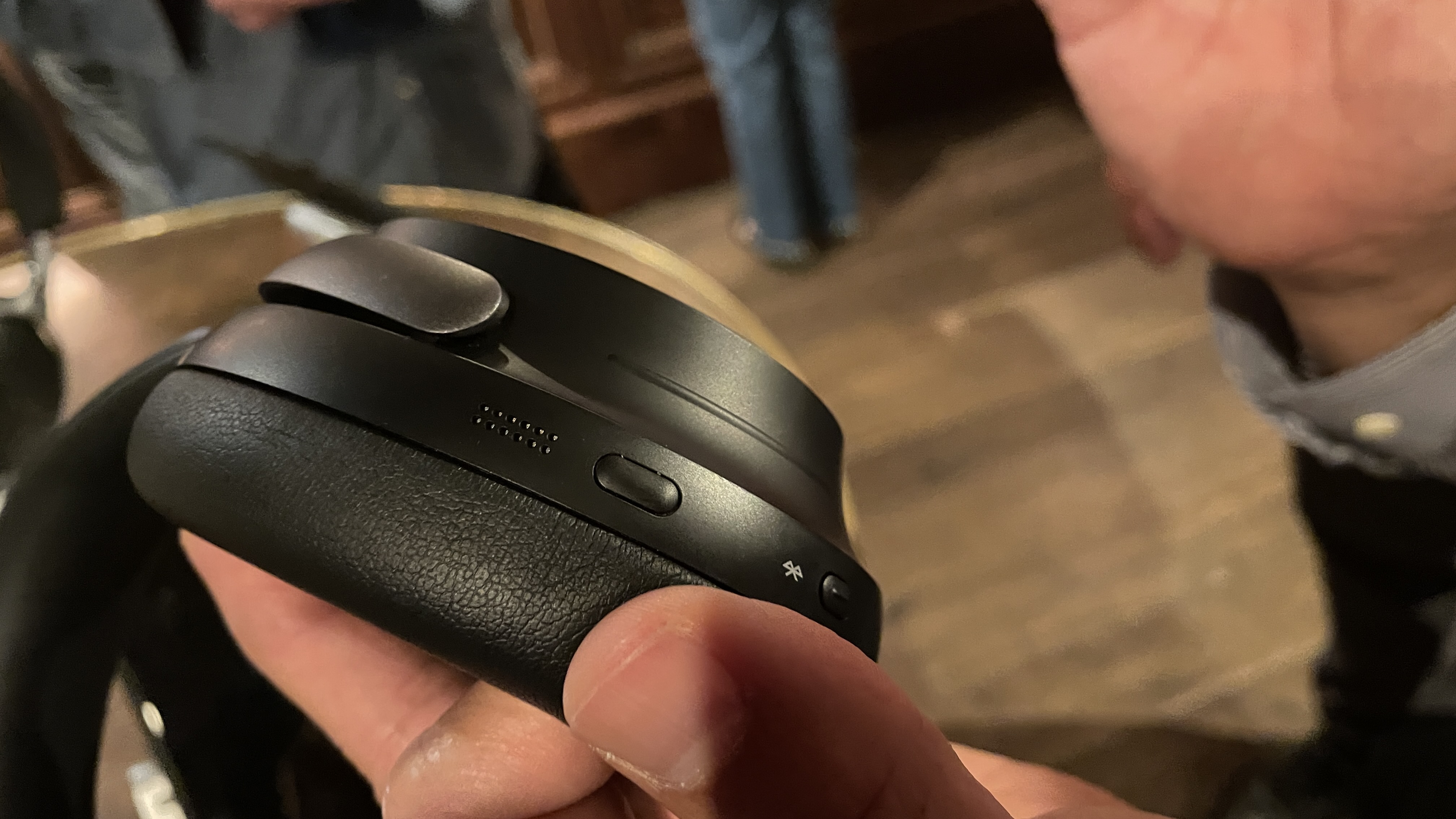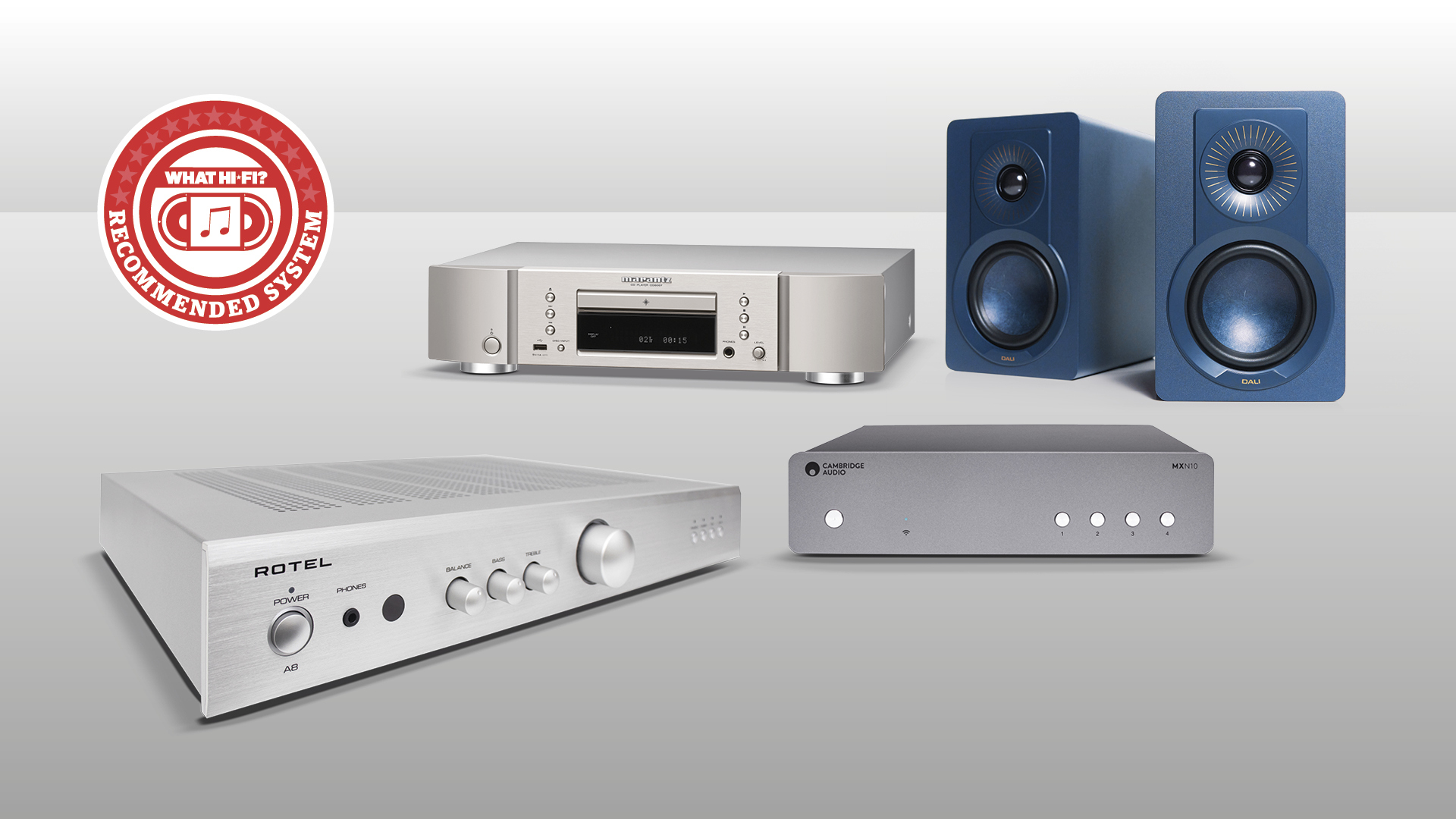I'm super excited for the Bose QuietComfort Ultra – but they must remedy one crucial thing
In short, Bose’s stagnance in the sound quality department

The latest hi-fi, home cinema and tech news, reviews, buying advice and deals, direct to your inbox.
You are now subscribed
Your newsletter sign-up was successful
I haven't been more excited about a Bose headphone release in years. The just-announced QuietComfort Ultra are the wireless noise-cancelling over-ears I've been hoping for since Apple's AirPods Max arrived and consequently spurred on this new generation of premium premium models – those above your Bose Noise Cancelling Headphones 700s and your Sony WH-1000XM5s. That they replace the former and crawl back to the company's iconic QuietComfort naming, which the 700 surprisingly shunned in favour of their irritating full name, is further good news.
But I'd be lying if I said that excitement wasn't tinged with a little anxiety – the kind you feel when you're about to sit down for a movie you've been excited to see for ages, just in case it doesn't meet your expectations. Because Bose will have to have come a pretty long way in advancing the sound quality of its recent models for the Ultra to make their mark in this hugely competitive industry.
You might be sitting there thinking “well duh, every pair of headphones should evolve performance over the outgoing model”. And most of the time, they do. Look at the Sennheiser Momentum and Sony WH-1000 ranges – as far back as I can remember, generations of those models have notably advanced audio performance, keeping them at the forefront of the premium wireless headphones field. I know, as I’ve been fortunate to listen to (and, most of the time, live with) generation to generation over the years. But Bose’s hasn’t. At least, not for a while.
The quantum leap necessary

The 2017-released Bose QC35 II brought notable sonic changes over the previous QC35, but since then the company has focused more on advancing features, making design tweaks and ensuring its noise cancellation remains the best on the market – all things it has been very successful in. Audio, however, seems to have taken a backseat.
Bose admitted that the sound quality of its Noise Cancelling Headphones 700 was comparable to its QC35 II (which upon hearing both pairs, I and others in the What Hi-Fi? reviews team agreed with), and even the succeeding QC45 kept the same drivers. I'm not saying sound quality has stood completely still in the move for these generations, but it’s hardly come on leaps and bounds in the past six years either. And that’s why the last few Bose over-ears have received four, as opposed to five, star reviews; they simply haven’t kept up with the sonic progression their Sony and Sennheiser peers have demonstrated. It’s been disappointing and, quite frankly, rather puzzling.
After all, Bose is more than capable of producing class-leading headphone audio – it’s done it many times in the past, and it is doing so presently with its flagship wireless earbuds, the QuietComfort Earbuds II. The Ultra not only have to move on the performance of the 700 and QC45 considerably to catch up to class-leading Sony XM5 quality, but they have to go beyond that level to justify their extra expense – £449/$429 compared to £380/$399. Indeed Bose is looking to knock the AirPods Max off their lofty perch too, and to fall much short of that would be a damn pity.
A spatial audio priority?

They will need to make sonic gains over the 700 and QC45 that are significantly bigger than is typical for a single generational jump. And I hope a focus on spatial audio – or 'Immersive Audio', as Bose is calling it – hasn't distracted Bose from that. Because if my experience of the fledgling immersive audio tech so far has told me anything, it's that its enjoyment is pretty hit-and-miss depending on the content. That said, I can't wait to see what Bose has done in this space.
The latest hi-fi, home cinema and tech news, reviews, buying advice and deals, direct to your inbox.
What Hi-Fi?'s deputy editor (and headphones guru) Andy Madden was gifted some hands-on time with the Ultra during a Bose press event this week, and reports in his hands-on QuietComfort Ultra review that "a large chunk of Bose’s demo was, understandably, its new Immersive Audio tech". He seems impressed (and he isn't easily!) by the greater sense of immersion it produces – "open and spacious, but also full of detail". First impressions of the general sound quality were also pretty favourable, though I know as well as anyone that it's difficult to form a lasting opinion from a brief demo session in a less-than-ideal environment, often without benchmark pairs for comparison.
Only proper testing time by our expert reviews team will reveal how they stack up sonically against the competition, but for now I'll remain quietly confident. Everything else – the sleek, foldable design, 24-hour battery life, support for the higher-quality aptX Adaptive, and, of course, the intriguing Immersive Audio – looks promising at least.
Hopefully, then, the QuietComfort Ultra seize the opportunity to allow Bose to take back the wireless over-ear market, not least as it arguably already leads the class in the aesthetic and noise-cancelling sides of things. If they do right by the Bose QC line's legacy here, I'm here for them.
MORE:
Best noise-cancelling headphones 2023
Read our hands-on Bose QuietComfort Ultra Headphones review
Check out the other new Bose headphones: Bose's new QuietComfort Ultra range of wireless headphones goes big on spatial audio – and includes Sony XM5 rivals

Becky is a hi-fi, AV and technology journalist, formerly the Managing Editor at What Hi-Fi? and Editor of Australian Hi-Fi and Audio Esoterica magazines. With over twelve years of journalism experience in the hi-fi industry, she has reviewed all manner of audio gear, from budget amplifiers to high-end speakers, and particularly specialises in headphones and head-fi devices.
In her spare time, Becky can often be found running, watching Liverpool FC and horror movies, and hunting for gluten-free cake.
